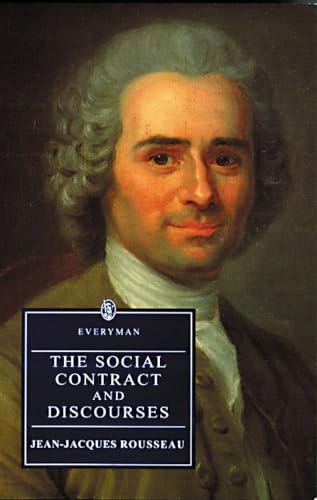Synopsis
Inspired by ancient Greek city states, Rousseau searched for a way which states of his day could be equally representative
Holding men in wretched subservience, feudalism–alongside religion–was a powerful force in the eighteenth century. Self-serving monarchic social systems, which collectively reduced common people to servitude, were now attacked by Enlightenment philosophers, of whom Rouseau was a leading light.
His masterpiece, The Social Contract, profoundly influenced the subsequent development of society and remains provocative in a modern age of continuing widespread vested interest.
This is the most comprehensive paperback edition available, with introduction, notes, index and chronology of Rousseau's life and times.
Présentation de l'éditeur
The Social Contract, by Jean-Jacques Rousseau, is a book in which Rousseau theorized about the best way to establish a political community in the face of the problems of commercial society, which he had already identified in his Discourse on Inequality (1754). The Social Contract helped inspire political reforms or revolutions in Europe, especially in France. The Social Contract argued against the idea that monarchs were divinely empowered to legislate. Rousseau asserts that only the people, who are sovereign, have that all-powerful right. In The Social Contract (1762) Rousseau argues that laws are binding only when they are supported by the general will of the people. When people aren't abiding the general will and they are "forced to be free", this wasn't advocating totalitarianism. The general will is laws that are accepted as just and those who don't follow the general will are breaking the law. Rousseau is advocating to force people to follow the law because it is in everyone's best interest to do so.
Les informations fournies dans la section « A propos du livre » peuvent faire référence à une autre édition de ce titre.
